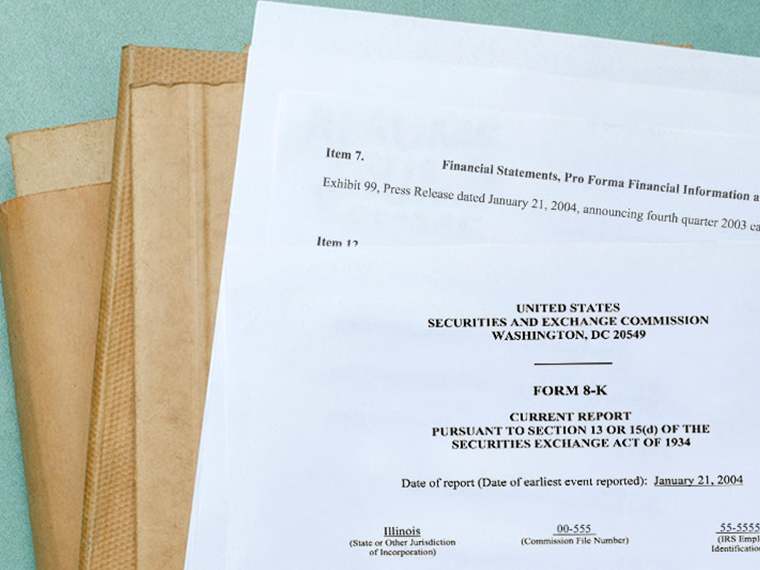Area: Accounting

Tracking Product Trademarks Expands Understanding of Innovation
R&D outlays and patents alone don’t effectively measure corporate creativity

What Limited Attention Does to Efficient Market Theory
Stocks don’t react to news immediately because, well, we’re human

Sorting Out Conflicts of Interest in Commercial Loan Syndicates
Syndicate voting rules reflect varying levels of trust and familiarity

Does Cross Ownership By Big Investors Make Industries Less Competitive?
Examining executive pay tied to revenue growth to identify any correlation

Quantifying the Benefits of Legally Cooperating with Competitors
Sales forecasting improves markedly as firms participate in standard setting organizations

Firms with Pricey Stocks Tend to Swing for the Fences in R&D
An innovative upside to overvalued stocks?

Separating Auditing from Consulting: More Complex than it Seems
Market concentration, price and quality drive choice of firms

“How’re Sales, Roger?” “Good Question, Roger!”
When CEO and analyst share a first name, earnings estimates are sharper

When Lenders Put a Muzzle on Borrowers
Companies hide from shareholders information about loans — more than likely to appease banks

Does Better Corporate Disclosure Boost Markets?
Stronger financial reporting standards seem to mean more for growth of countries’ credit markets than their stock markets

Upside Earnings Surprise Issued Late: Signal of Possible Manipulation
Companies that take longer than expected to announce results may be buying time for accounting tricks

Might More Lobbying Groups, Rather than Fewer, Be Good for Industry and the Public?
Make the influence industry more competitive, a theoretical study suggests

Forgoing a Tax Refund to Signal Brightening Financial Prospects
Companies that use loss carry-forwards to offset future tax liability, instead of claiming a refund, enjoy favorable lending terms

A Tool for Finding Mispriced Stocks
Less sophisticated investors reveal their sentiment in certain trades, and a 20-year study measures it company by company

Attracting Early Adopters: Best Way to Overcome Consumer Resistance to Innovative Products
Chris Tang’s research suggests a two-step pricing strategy can maximize sales and profits
